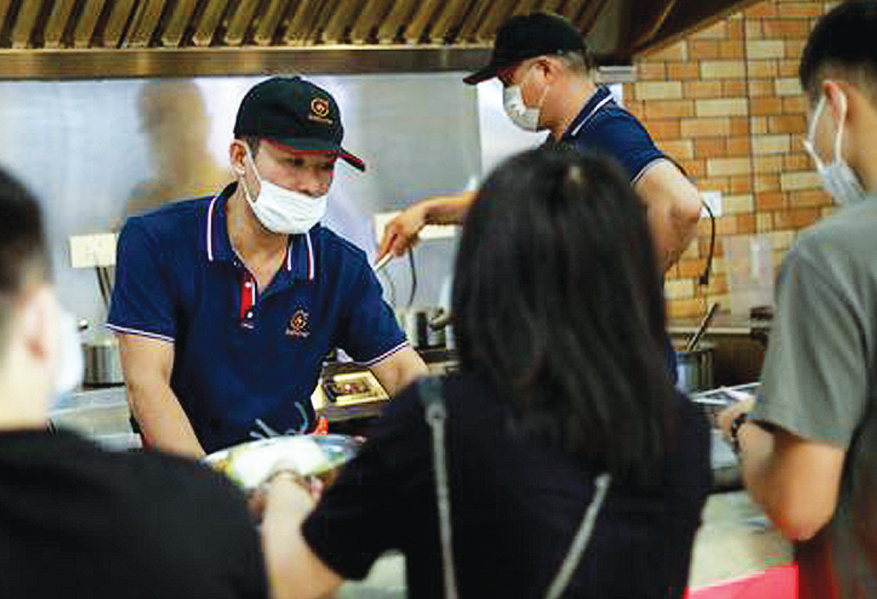The government’s Economic Development Cluster will meet on Tuesday to look into the potential impact of the coronavirus disease 2019 (COVID-19) outbreak on the different sectors of the economy, such as tourism, industry and construction.
“What we see on the impact of COVID-19 is essentially on tourism and that’s very clear,” Carlos Dominguez, Department of Finance (DOF) secretary, said in a press briefing at the DOF office in Manila last Friday.
“What’s not so clear is the impact on the productive capacity of our trading partners and the supply chain, and also the demand for our products, that’s quite unclear at the moment,” he added.
Dominguez mentioned the recent decline in the number of container shipments from China.
“We’re still parsing the data to find out which industries these are, and also comparing it to our exports. We should get a clearer picture sometime next week,” Dominguez said.
“Although I heard some stories that people are having a hard time getting computer parts and so on and so forth, but we’re not really clear exactly yet what industries are affected, but tourism definitely is already affected,” he added.
In a press release over the weekend, the DOF said the disruption of global supply chains will tend to push prices up.
“Domestic producers will need to look for alternative supply sources to avoid production cuts,” the DOF said in its latest economic bulletin.
“Initial data from the Bureau of Customs show that imports from China, the country’s biggest trading partner, declined 34.7 percent volume-wise in February 2020,” it added.
The government earlier reported that the country’s inflation rate eased to 2.6 percent in February 2020, amid lower transport costs and oil prices.
“Benign global oil prices will pull down inflation going forward,” the DOF said.
Meanwhile, Vince Dizon, presidential adviser for flagship programs and projects, said in the same press briefing possible disruptions in the global supply chain as a result of the COVID-19 is not seen to affect the 50 flagship projects to be completed by the end of 2022, as of now, however it is being closely monitored by the government.
“Dominguez also said looking at the cycle of inventory, any possible slowdown may not be felt yet at present.
“We’ll see… let’s say they keep three months inventory…The slowdown started in, let’s say mid-February… If they have three months inventory, it’s only in May that you’ll see the slowdown, if there is a slowdown at all,” he added.
Dominguez, however, is certain the private sector will look into buying somewhere else to manage their inventories, if they know there is going to be a possible slowdown.





